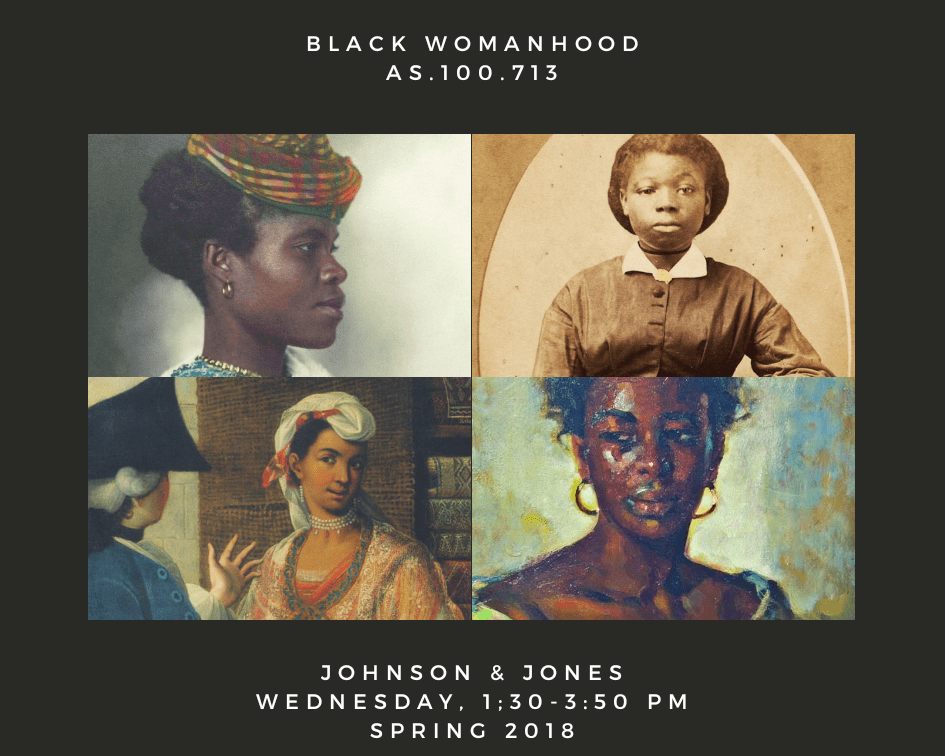 I posted this over at my GenderEquityinScience blog but I am repeating here because a Salary Equity study is one of the projects our Committee on the Status of Women here at Homewood would like to pursue. To do that we’ll need data. Lots of data.
I posted this over at my GenderEquityinScience blog but I am repeating here because a Salary Equity study is one of the projects our Committee on the Status of Women here at Homewood would like to pursue. To do that we’ll need data. Lots of data.
*****
Wow! 60 Minutes tonight.
I love data. And I agree with the sentiment of the story they ran tonight: the real power is in the data.
But so much of the data associated with unconscious bias in the workplace is – well – squishy. Not so for salary data. Everyone knows how to count those green dollars.
Even so, there is a well known gender gap between the salaries of men and women: white women earn on average only 80 cents for every dollar that a man earns. This is even worse for women with intersectional identities. So, if you are interested in gender equity as it relates to your salary – and who wouldn’t be? – then you should definitely check out the 60 Minutes story that ran tonight about Salesforce CEO Marc Benioff.
https://www.cbsnews.com/news/salesforce-ceo-marc-benioff-leading-by-example-to-close-the-gender-pay-gap/
First, Kudos goes out this CEO for using his privilege to bring more voice to this problem. And second, special Kudos goes out to him for putting his money where his mouth is. To the tune of millions of dollars. Yes, millions. That’s at least six $$$$$$.
This CEO learned that he had to pony up this money through a company-wide salary audit. In other words, they collected the data, then analyzed it, then acted on it. What they did not do is bury it or keep it a secret. All workplaces should adopt this practice. As Mr. Benioff learned, gender inequities in salary are endemic to our society, and we must all be vigilant about checking for these on a regular basis.
#WeMustDoBetter for our society, for our #WomenInSTEM, and for women in general.
And the only way we will know if we are doing better is to have the data to test whether our salaries, access to resources and space allocations are equitable.
 I posted this over at my
I posted this over at my 
 Congratulations to professors Jessica Marie Johnson & Martha S. Jones, whose public syllabus for their course
Congratulations to professors Jessica Marie Johnson & Martha S. Jones, whose public syllabus for their course